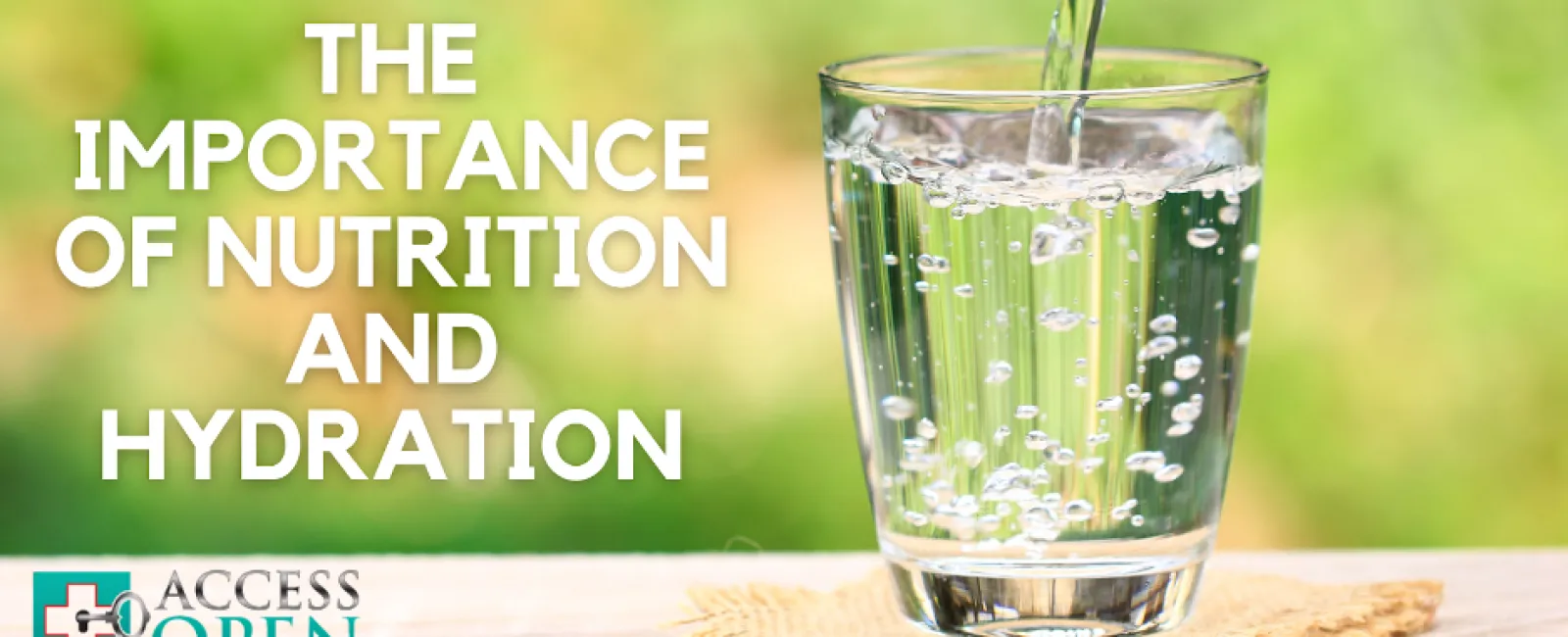As you get older, proper nutrition and hydration become more
and more important to your body's ability to function. Treating your body with
nutritious foods and plenty of water helps your body fight against any
illnesses. To provide your body with the proper nutrients and hydrations, you
must have a good understanding of what foods are good for you and how much
water you need to be drinking. Continue reading to learn more about the
importance of nutrition and hydration.
Many drinks can be filled with sugar, fat, and sodium so you
need to be smart about what drinks you choose. Water is the best option for
your body because of the vitamins and minerals. Soda, energy drinks, and sports
drinks have added sugars with high calories. While coffee itself can be a good
drink option, the add-ons such as whipped cream, whole milk, and chocolate can
increase your sugar and fat intake significantly. Try using low-fat milk and
seasonings such as cinnamon for a healthy coffee.
Water assists your body in keeping a normal body temperature,
cushioning your joints, protecting your spinal cord, and getting rid of the
waste in your body. Dehydration can cause your body to not be able to perform
these tasks. When you are in warmer climates, being physically active, running
a fever, and when you're sick, you need to up your water intake. For many
people, it is difficult to drink the minimum amount of water their body needs
in a day. A few tips for drinking more water include using a reusable water
bottle, drinking water while eating meals, and adding lime or lemon to your
water for added taste.
While eating right can help you reach a healthy weight,
proper nutrition can also reduce the risk of certain diseases, reduce high
blood pressure, and lower cholesterol. People who eat foods high in energy,
fat, sugar, and sodium are more likely to develop chronic diseases. But what is
proper nutrition? Good nutrition means your body receives all the nutrients, vitamins,
and minerals it needs to function at its best. A few tips for eating well
include eating plenty of fruit and vegetables, opting for whole grains, using
low-fat or fat-free milk, choosing lean meats, and changing up your protein
source. A well-balanced diet varies depending on a person's gender, age,
lifestyle, physical activity level, current physical health, and food customs.
Everyone's body is different, but everybody needs nutrients,
vitamins, and minerals to properly function. Recognizing the importance of
nutrition and hydration is the first step towards a healthier lifestyle.
Sources:
https://www.myplate.gov/tip-sheet/make-better-beverage-choices
https://www.tuftsmedicarepreferred.org/healthy-living/expert-knowledge/importance-good-nutrition
https://ww2.health.wa.gov.au/Articles/U_Z/Why-is-nutrition-important

